
Have you ever wondered if a water flosser is right for you, or how exactly it works? 🤔 You’re not alone! Many people are looking for better ways to improve their oral hygiene, and water flossers are quickly gaining popularity thanks to their efficiency and comfort. In this easy guide, we’ll answer your top questions based on real scientific evidence and proven results.
A water flosser (also known as an oral irrigator) uses a pressurized stream of water to clean between your teeth 🦷 and below the gumline. It’s strong enough to dislodge food particles and plaque, yet gentle enough for sensitive gums.
✅ Removes food debris
✅ Reduces plaque buildup
✅ Kind to sensitive gums
🔬 Studies show water flossers can be just as effective as traditional floss—and even more comfortable for many users.
While anyone can benefit, it’s especially helpful for:
🔹 People with braces – Easily cleans around brackets and wires
🔹 Those with crowns, bridges, or implants – Gently reaches areas floss can’t
🔹 Individuals with gingivitis or gum sensitivity – Water pressure is much gentler than floss
🔹 Anyone with limited dexterity – Easier to handle than string floss
🟢 Yes, especially if you’re looking for:
✔️ A deeper, more comfortable clean
✔️ Help with reducing gum inflammation and bleeding
✔️ Better plaque removal compared to floss
Studies show water flossers can remove up to 29% more plaque than traditional string floss!
🧵 Can I use a water flosser instead of floss?
Yes! For some people, it can replace floss—especially if flossing is uncomfortable or hard to do. But combining both methods offers the best results.
📅 How often should I use it?
Once a day, preferably at night, to deeply clean before bedtime.
👶 Is it safe for kids or people with sensitive teeth?
Yes, as long as it’s used properly. Start with a low-pressure setting for kids or sensitive gums.
💨 Can it help with bad breath?
Definitely! It helps remove bacteria trapped between teeth and under the gums—the main cause of bad breath.
If you want a cleaner, fresher smile, a water flosser is an excellent investment. At neen, we offer:
🌿 Modern water flossers with smart tech
🪥 Gentle toothbrushes for sensitive gums and implants
🌸 Non-abrasive toothpaste perfect for daily use
Whether you have braces, sensitive gums, or just want to upgrade your oral care routine, a water flosser can make a real difference. ✨
Scientific studies confirm that water flossers reduce inflammation, fight plaque, and help prevent cavities—making them a great addition to your daily routine.
Just remember: a water flosser isn’t a replacement for brushing or flossing—it’s a powerful extra step. At neen, we’re committed to offering the best tools for a healthy, confident smile. 😁
Share it by
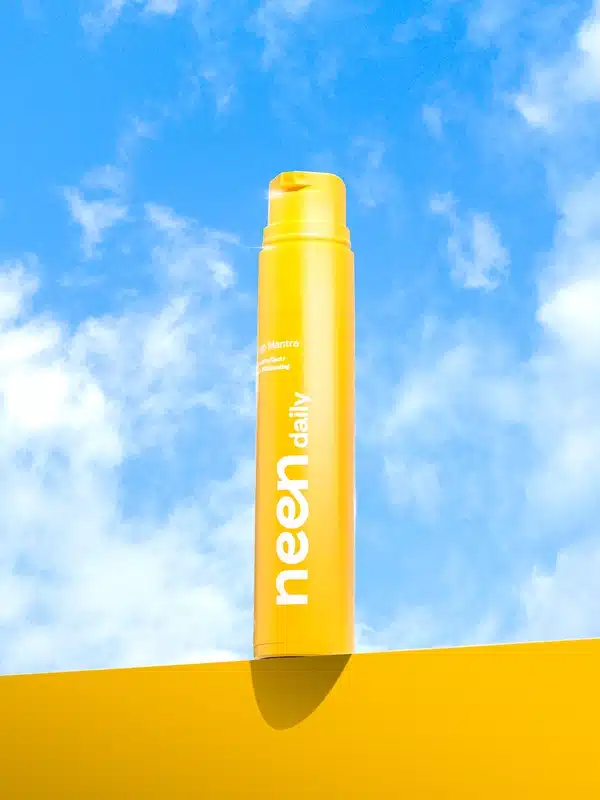
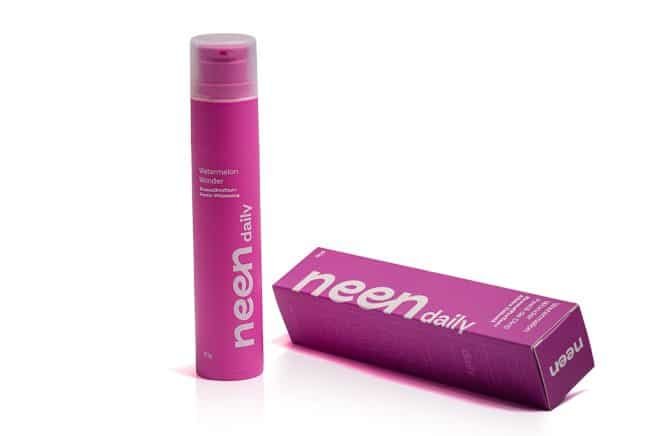
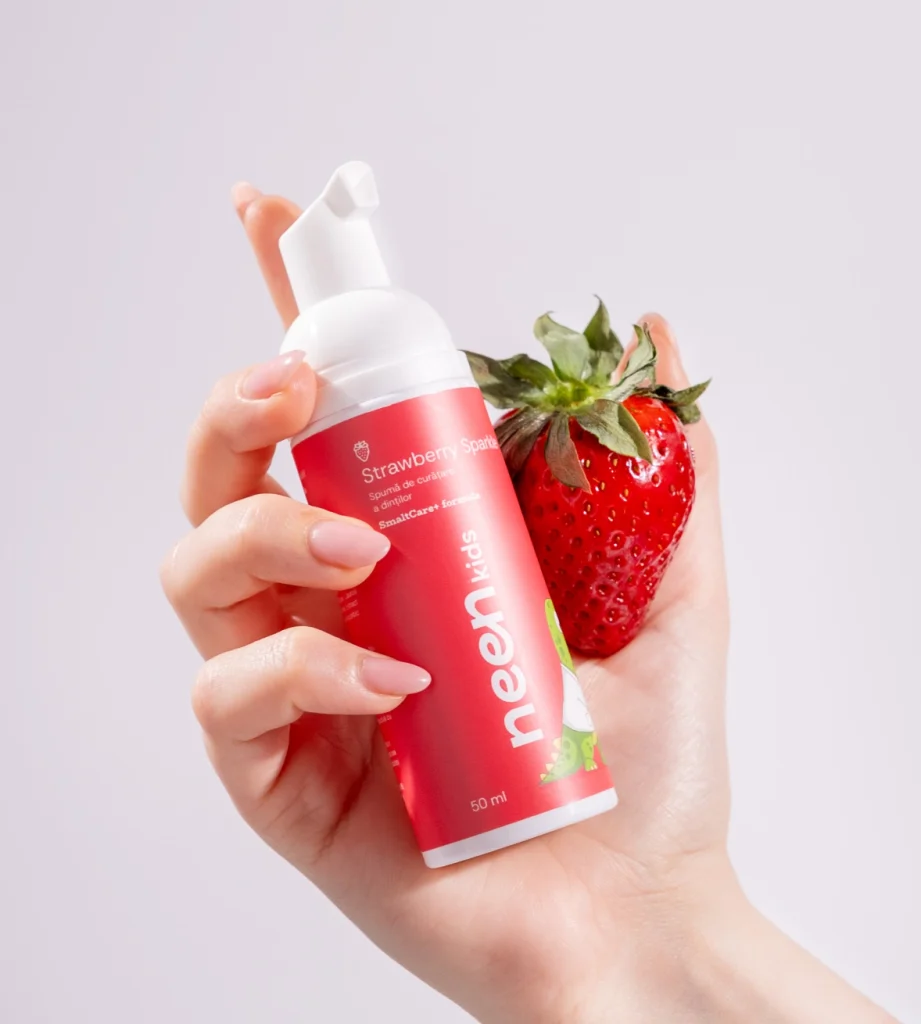
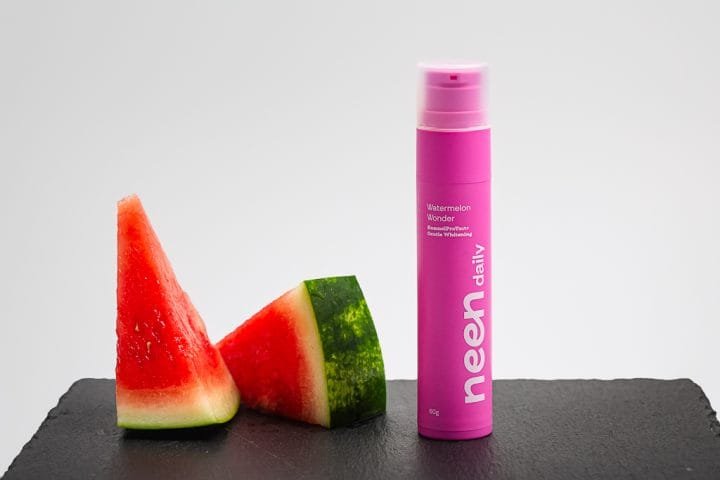
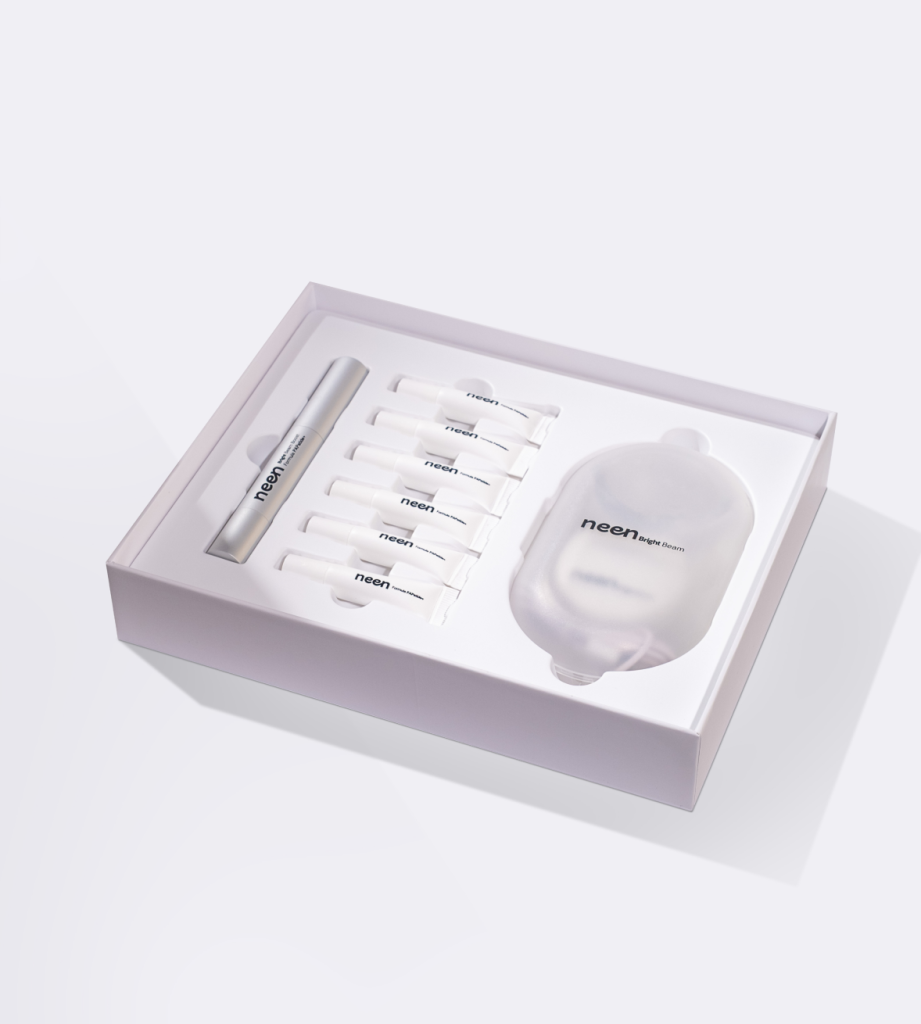
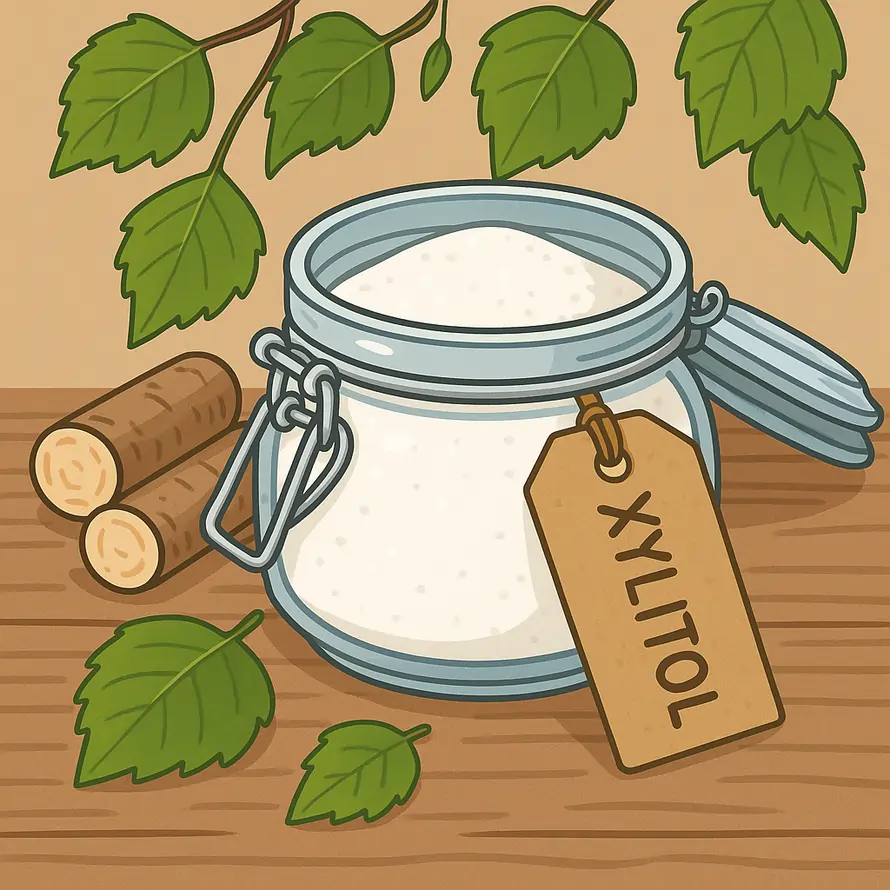

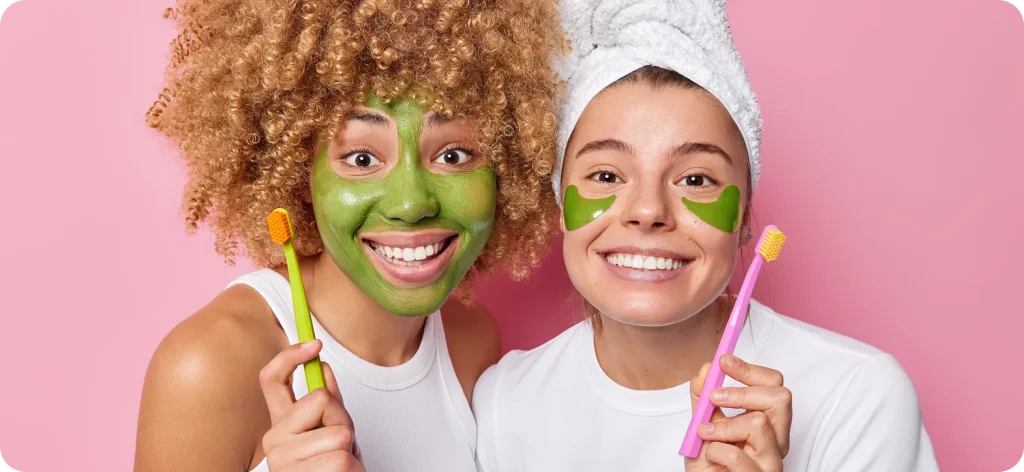
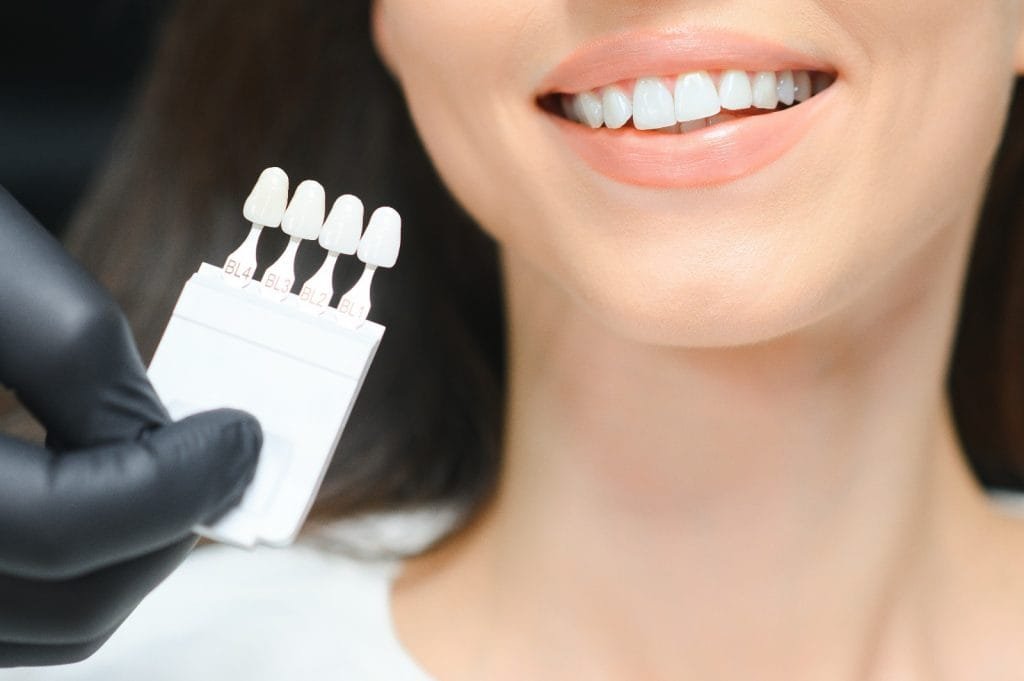
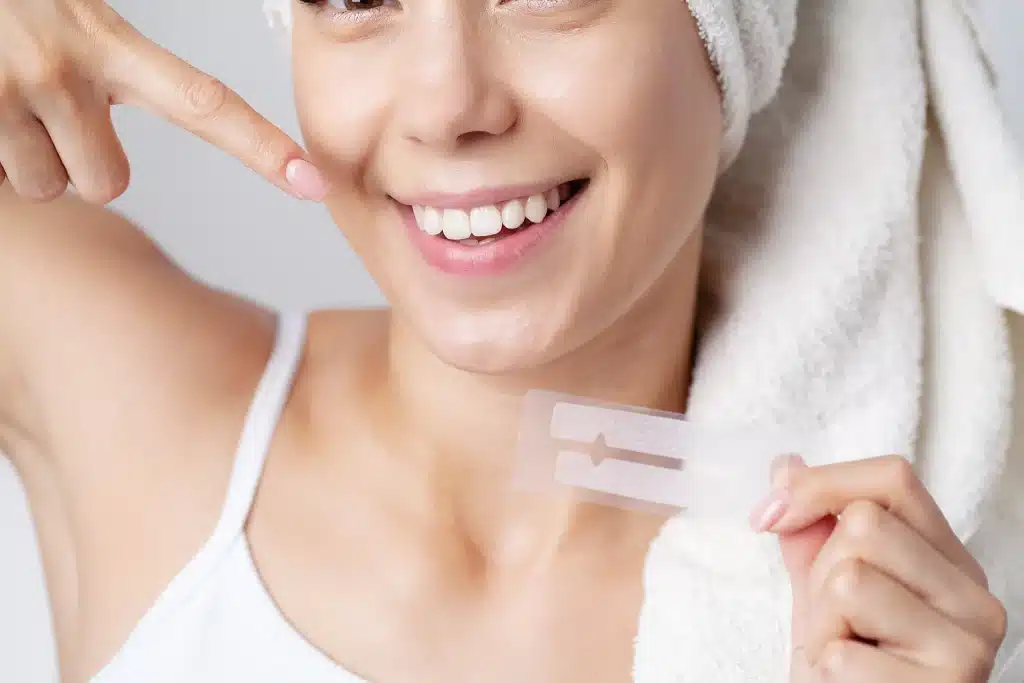


Whether it’s the fun flavors for kids or the gentle yet effective whitening gels for adults, every neen product is designed to put your smile and health first.